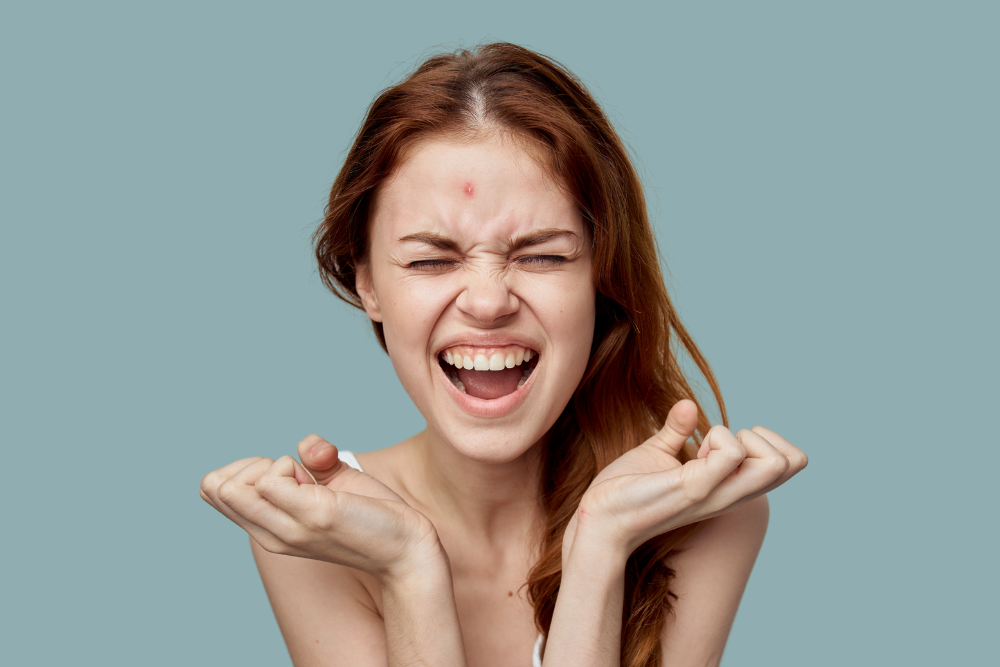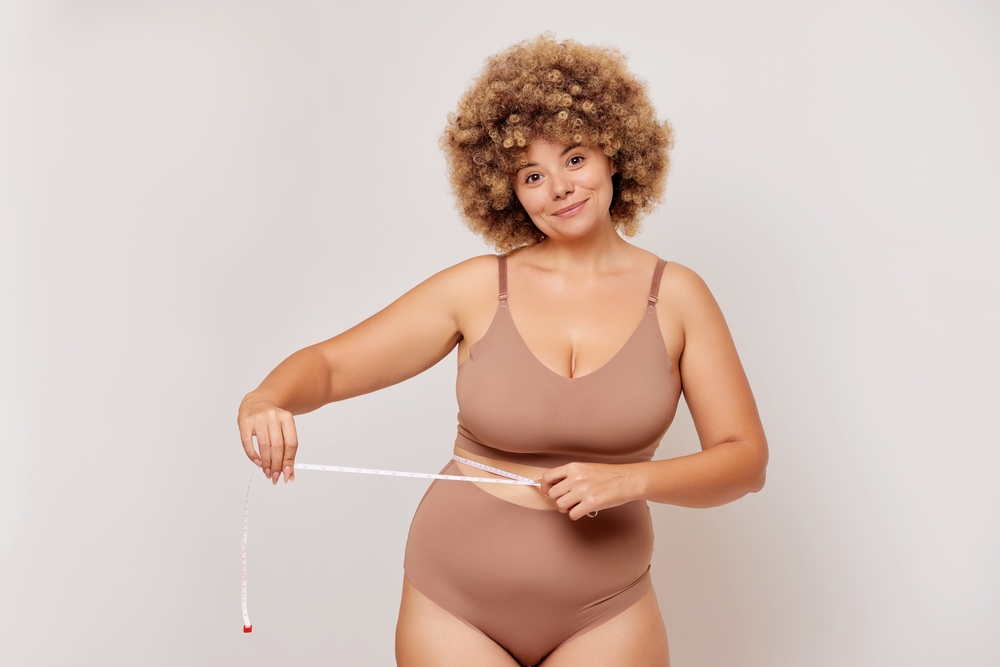If you’ve ever battled acne, you know it’s more than just a few bothersome spots — it can impact confidence, self-esteem, and overall well-being. That’s why understanding acne is the first step towards effective management and clearer skin. By gaining a deeper understanding of this common skin condition, you’ll be better equipped to develop a skincare routine tailored to your needs and take control of your acne.
What Causes Acne?
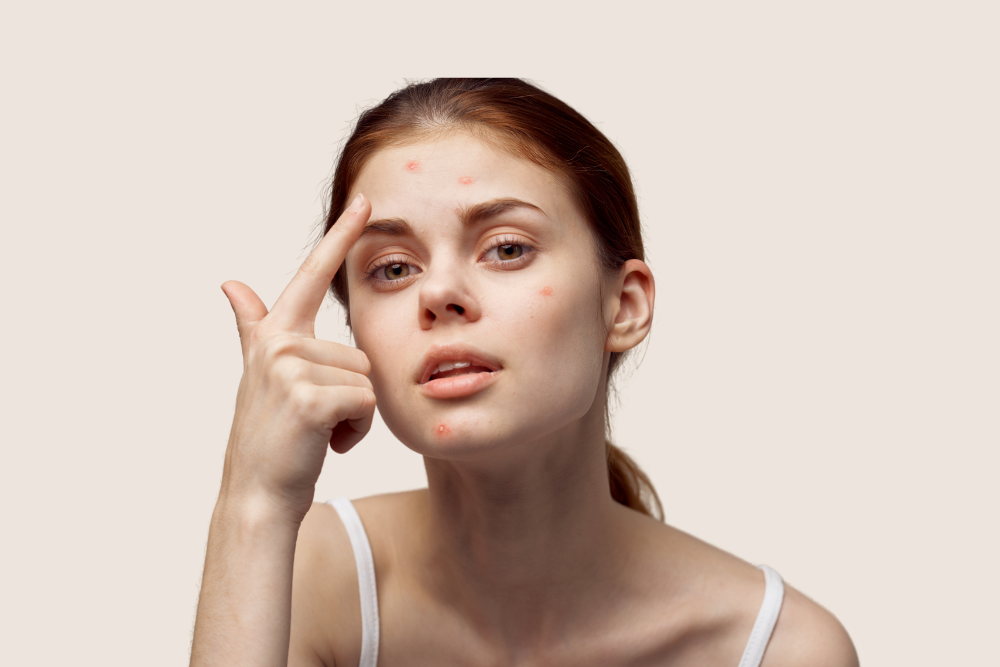
Acne isn’t just about those annoying pimples; it’s a complex interplay of factors happening beneath the surface of your skin. According to the National Institute of Arthritis and Musculoskeletal and Skin Diseases (NIAMS), it’s believed one or more of the following can lead to acne:
- Excess Oil Production: When your skin produces more oil than necessary, it can lead to acne. This excess oil clogs pores, creating an environment where acne-causing bacteria thrive.
- Clogged Pores: Dead skin cells and surplus oil can accumulate in your pores, blocking them and causing acne. These blockages trap bacteria and create the perfect conditions for acne to develop.
- Bacterial Invasion: When pores are clogged, bacteria like Propionibacterium acnes (P.acnes) can multiply rapidly. This bacterial overgrowth triggers inflammation and results in the formation of acne lesions.
- Hormones: Androgen hormones may also make your skin produce more oil.
Stress, family history, diet, some medications and being overweight may also contribute towards acne development (1).
Different Types of Acne
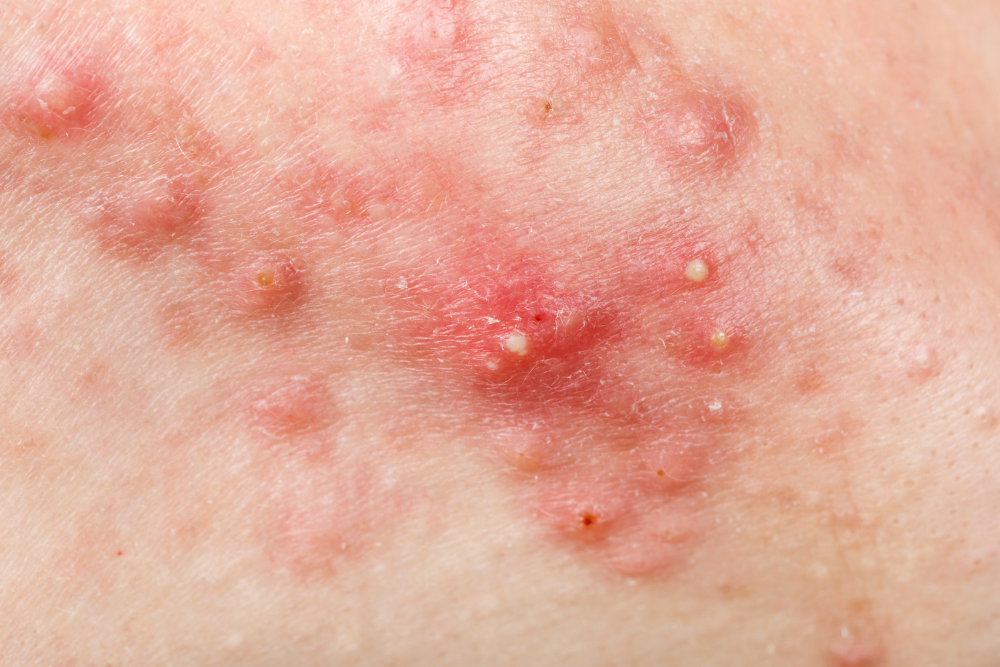
Acne isn’t a one-size-fits-all condition. There are various types of acne, each with its characteristics and quirks. Let’s explore the most common types of acne:
Blackheads
Picture tiny black dots dotting your nose or chin — these are blackheads. They form when the opening of a pore becomes clogged with oil and dead skin cells, and the air exposure oxidises it, turning it black.
Whiteheads
Unlike their dark counterparts, whiteheads are closed comedones. They’re like little white bumps lurking beneath the surface of your skin, caused by a similar pore blockage but without the air exposure.
Pimples (Papules and Pustules)
The classic red bumps on your face – papules are small, red bumps caused by inflammation, while pustules are those pus-filled pimples that demand attention.
Cysts
Think of cystic acne as the Godzilla of pimples – it’s big, painful, and deeply rooted. These large, inflamed bumps form deep within the skin and can leave behind scars if not treated properly.
By understanding the different types of acne, you’ll be better equipped to identify what you’re dealing with and choose the right skincare to combat it.
The Role of Skincare
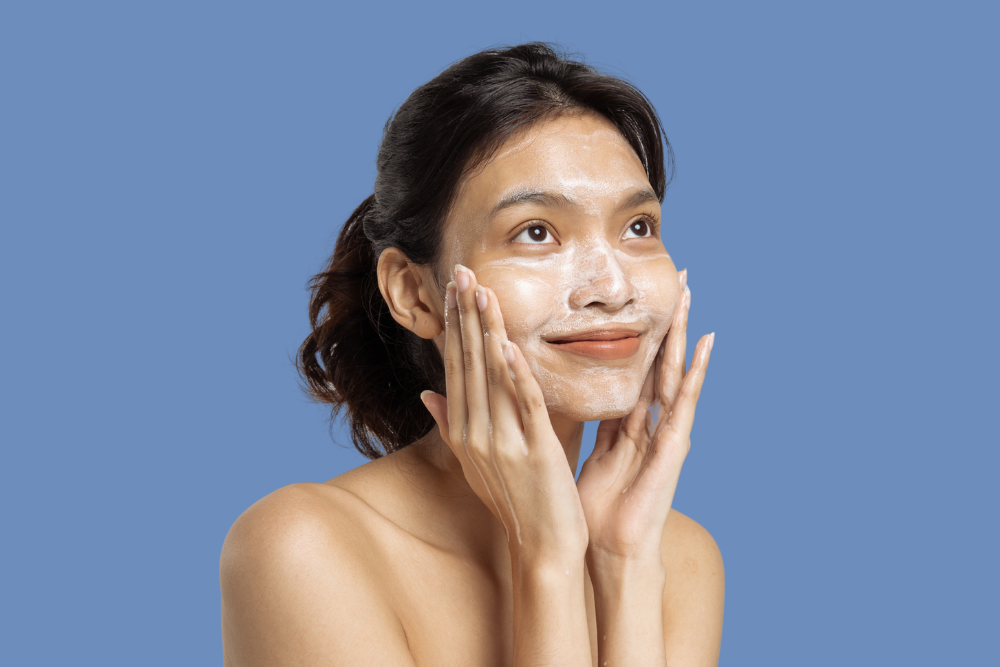
Your skincare routine isn’t just about pampering – it’s your frontline defence against acne. Let’s dive into why skincare matters and how to build a winning routine for your skin type.
Why Skincare Matters
Consistency is key when it comes to managing acne. A dedicated skincare routine can help regulate oil production, unclog pores, and keep pimples at bay. Plus, it’s a form of self-care that shows your skin some much-needed love.
Tips for an Effective Skincare Regimen
- Gentle Cleansing: Start and end your day with a gentle cleanser to remove dirt, oil, and impurities without stripping your skin.
- Targeted Treatments: Incorporate targeted treatments to address specific acne concerns, such as unclogging pores, reducing inflammation, and preventing future breakouts.
- Hydration is Key: Don’t skip the moisturiser, even if you have oily skin. Opt for lightweight, non-comedogenic formulas to keep skin hydrated without clogging pores.
- Sun Protection: Never leave home without sunscreen, especially if you’re using acne treatments that may increase sun sensitivity.
- Consistent Use: Stick to your skincare routine religiously for best results. Consistency is key to seeing improvement in your skin over time.
If you’re unsure about how to form an acne skincare routine, consult a healthcare provider for advice. Individual results will vary, and what works for one person may not always work for another.
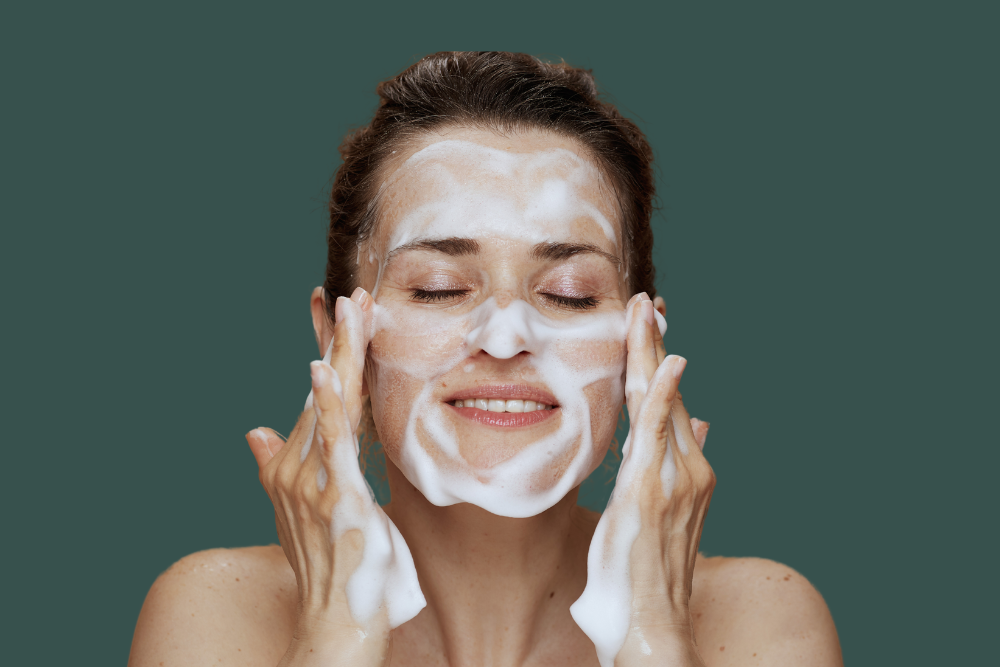
Dos and Don’ts
Navigating the world of skincare can feel like walking through a maze. Thankfully, we’ve got your back (or should we say face?) with some simple dos and don’ts to keep your skin happy and healthy.
The Dos
- Cleanse Gently: Wash your face twice a day with a gentle cleanser to remove dirt, oil, and makeup without stripping your skin of its natural oils.
- Moisturise Regularly: Hydrated skin is happy skin! Apply a lightweight, non-comedogenic moisturiser daily to keep your skin balanced and hydrated.
- Wear Sunscreen Daily: Protect your skin from harmful UV rays by applying sunscreen with at least SPF 30 every morning, rain or shine.
- Spot Treat Pimples: Resist the urge to pop pimples and instead apply a targeted spot treatment to help reduce inflammation and speed up healing.
- Stay Consistent: Consistency is key when it comes to skincare. Stick to your routine religiously to see the best results.
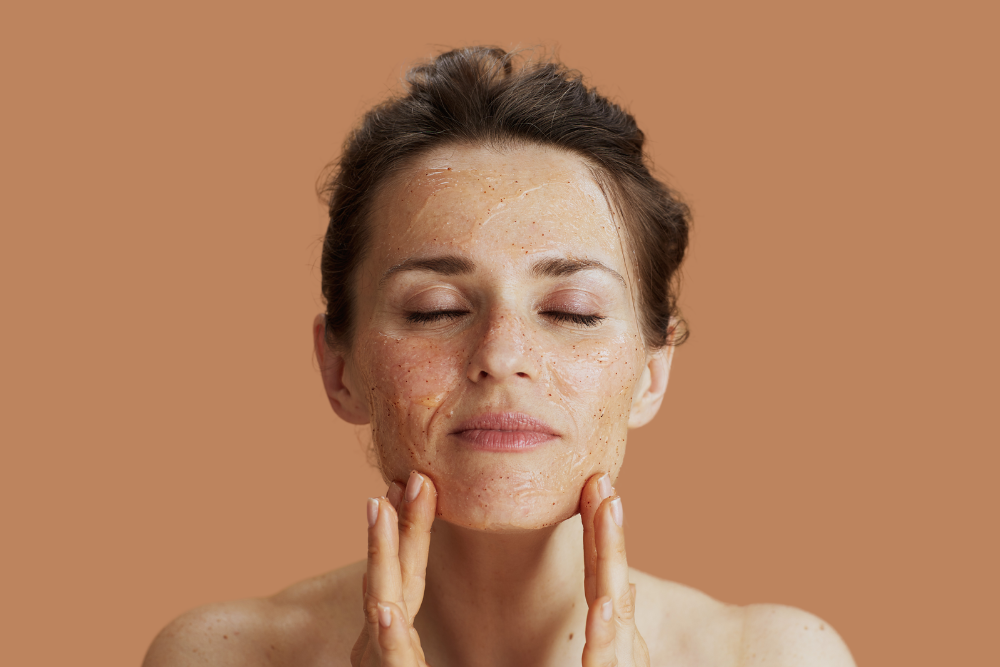
The Don’ts
- Don’t Over-Exfoliate: Exfoliating is important, but too much can irritate your skin and worsen acne. Limit exfoliation to 2-3 times a week.
- Don’t Pick at Pimples: Picking at your skin can lead to scarring and infection. Keep your hands off and let your skincare products do the work.
- Don’t Use Harsh Products: Avoid skincare products containing harsh ingredients like alcohol, fragrances, and sulphates, which can irritate your skin and worsen acne.
- Don’t Skip Moisturiser: Even if you have oily skin, skipping moisturiser can lead to dehydration and worsen acne. Opt for a lightweight, oil-free moisturiser instead.
- Don’t Forget to Remove Makeup: Always remove your makeup before bed to prevent clogged pores and breakouts.
By following these simple dos and don’ts, you’ll be on your way to clearer, healthier skin.
Key Takeaways
- Understanding the causes of acne is essential for effective management. Remember, it’s not just about treating the symptoms but addressing the root causes.
- Different types of acne require different treatment approaches. By identifying the specific type of acne you’re dealing with, you can tailor your skincare routine accordingly.
- Skincare plays a key role in managing acne. Consistency is key, so stick to your routine and choose products that are gentle yet effective, like those from our partner, La Roche-Posay.
- Finally, remember the dos and don’ts of skin care to maintain healthy, acne-free skin. Simple changes in your daily habits can make a big difference in the long run.
Stay tuned for more tips, insights, and expert advice in the upcoming weeks. And don’t hesitate to reach out with any questions or feedback—we’re here to support you every step of the way.
For personalised acne treatment, start your hub.health consultation now.
Source:
- Healthdirect Australia. Acne [Internet]. 2023 [cited 2024 Jul 5]. Available from: https://www.healthdirect.gov.au/acne#caused.


